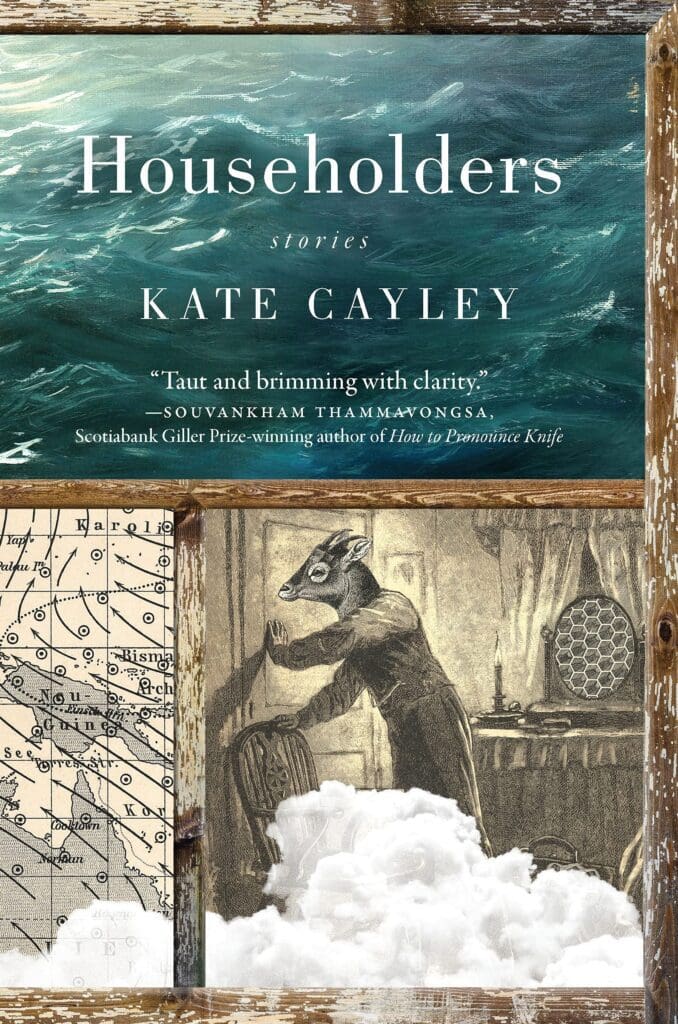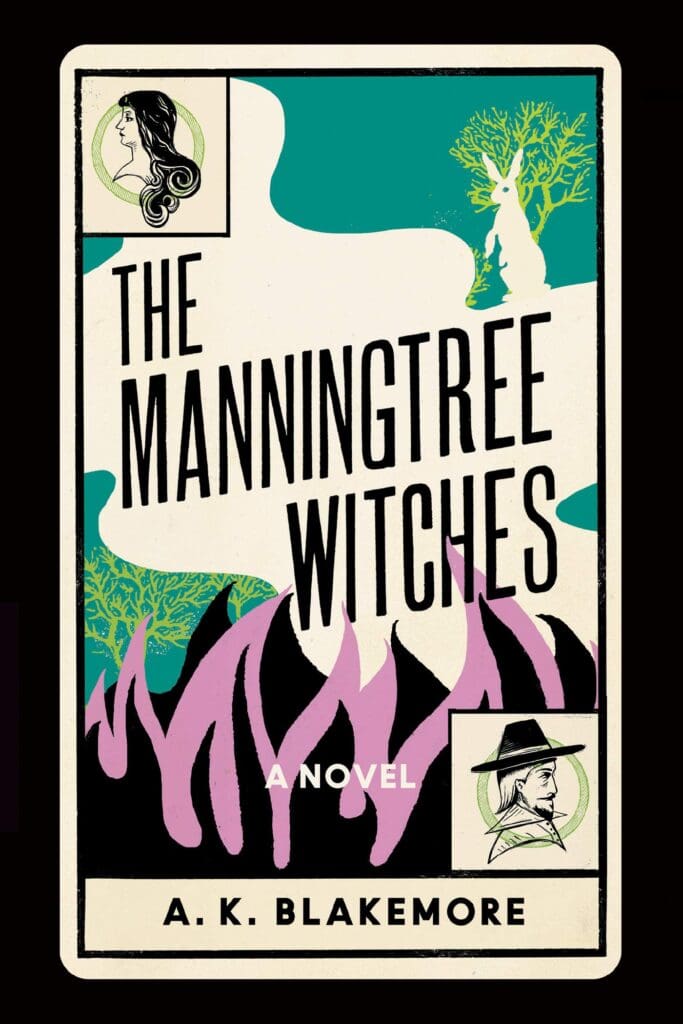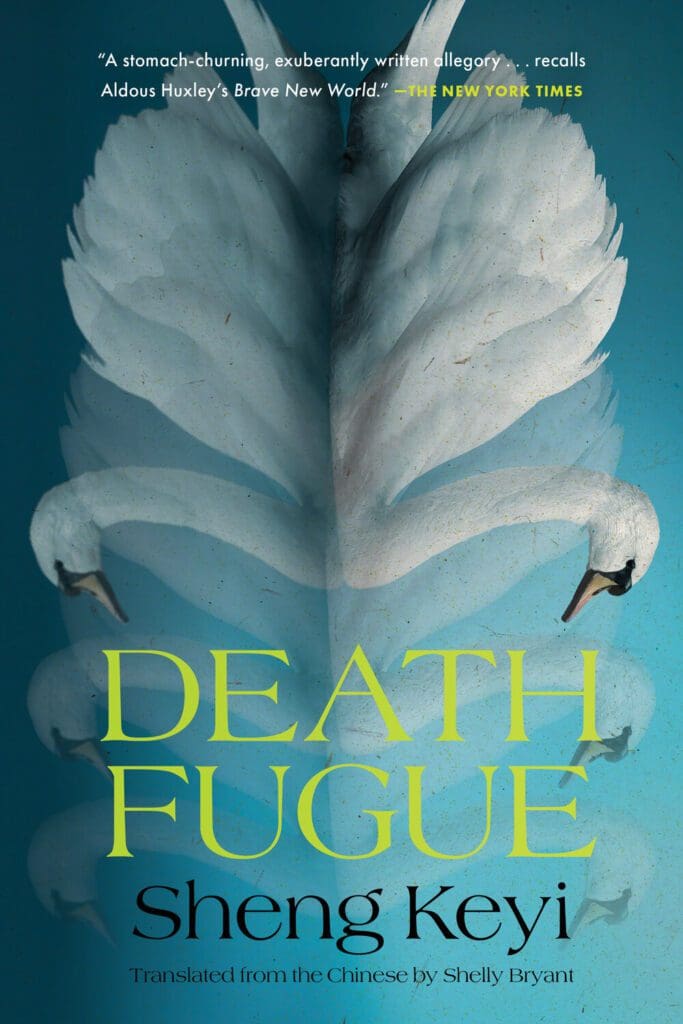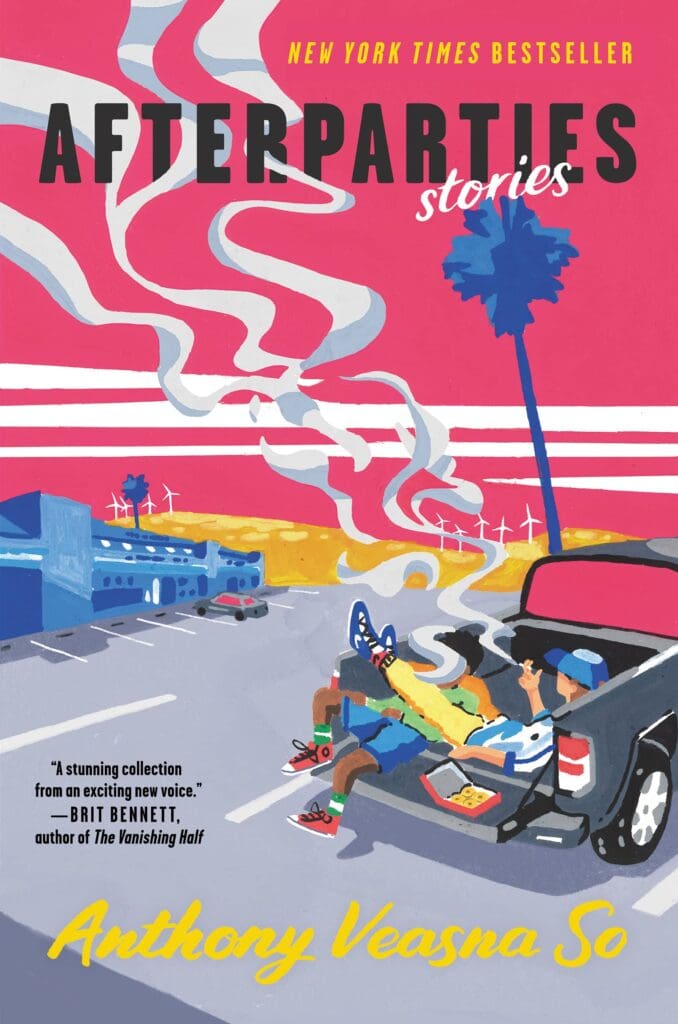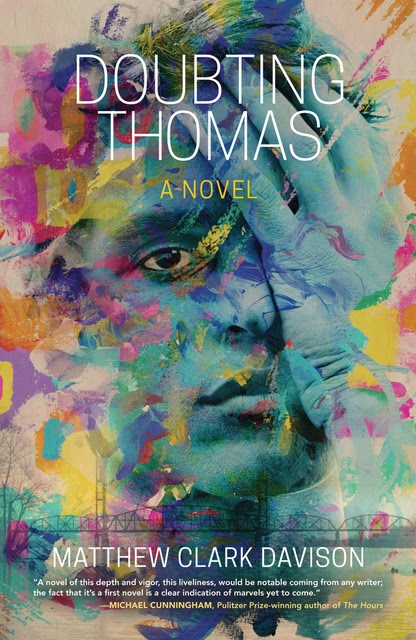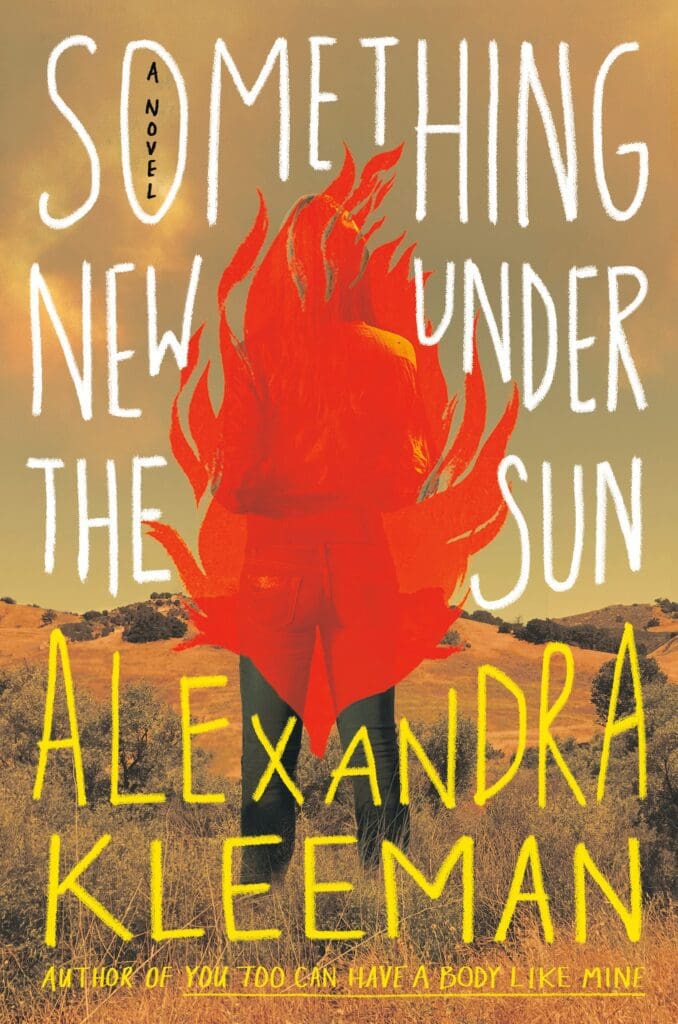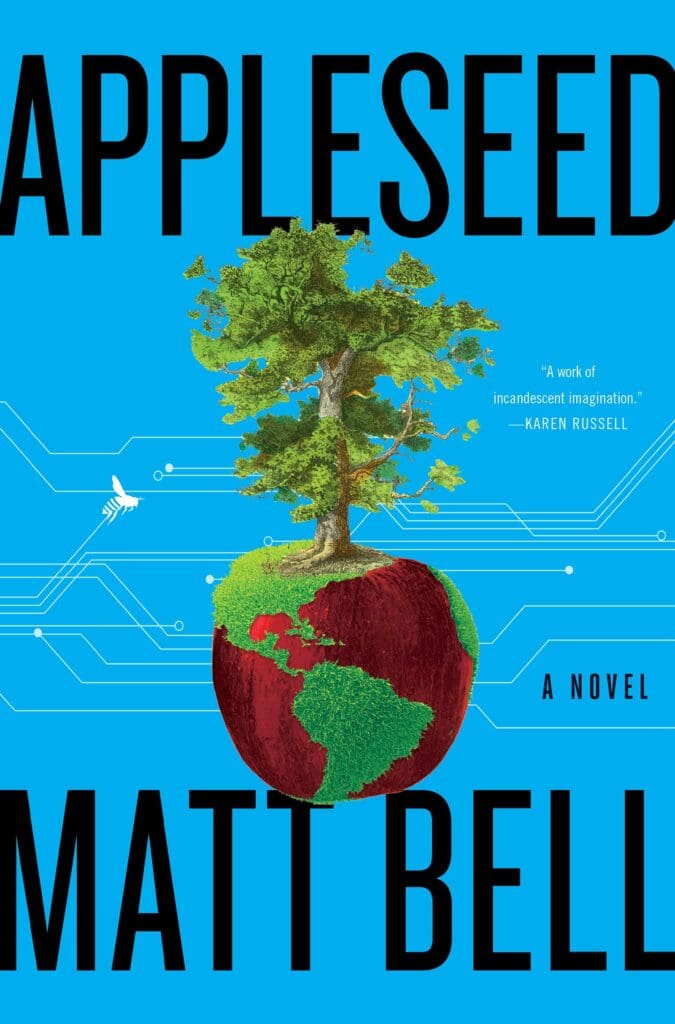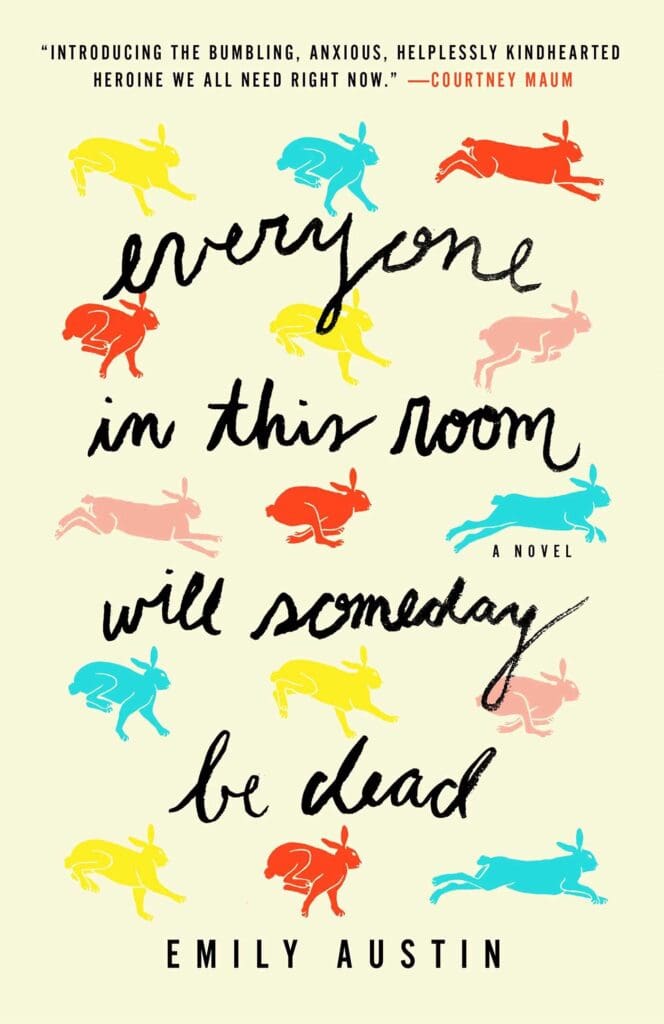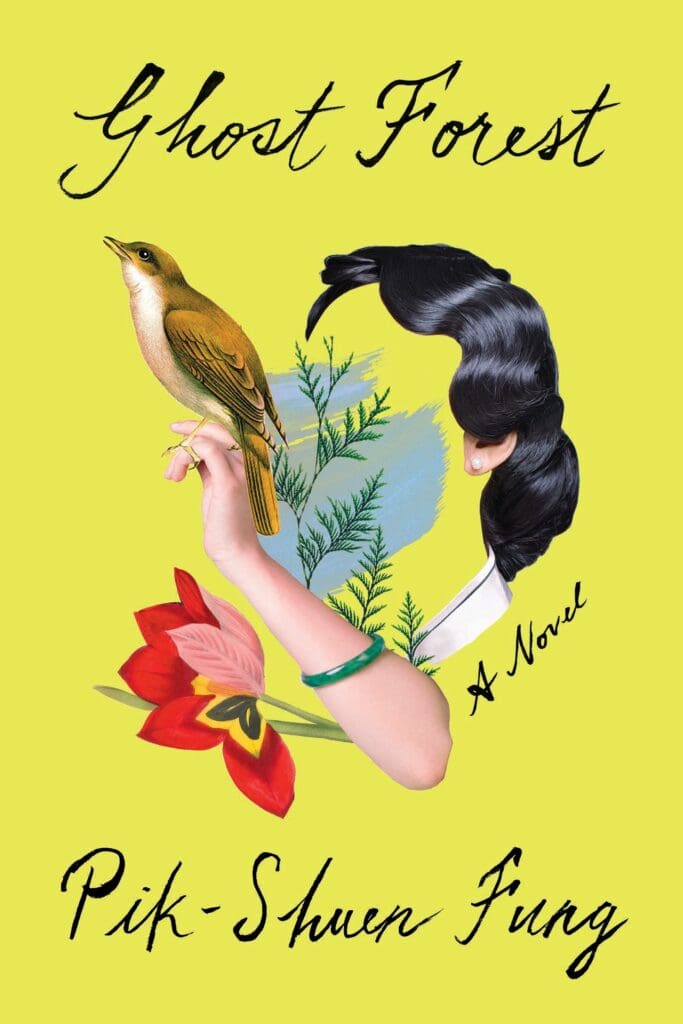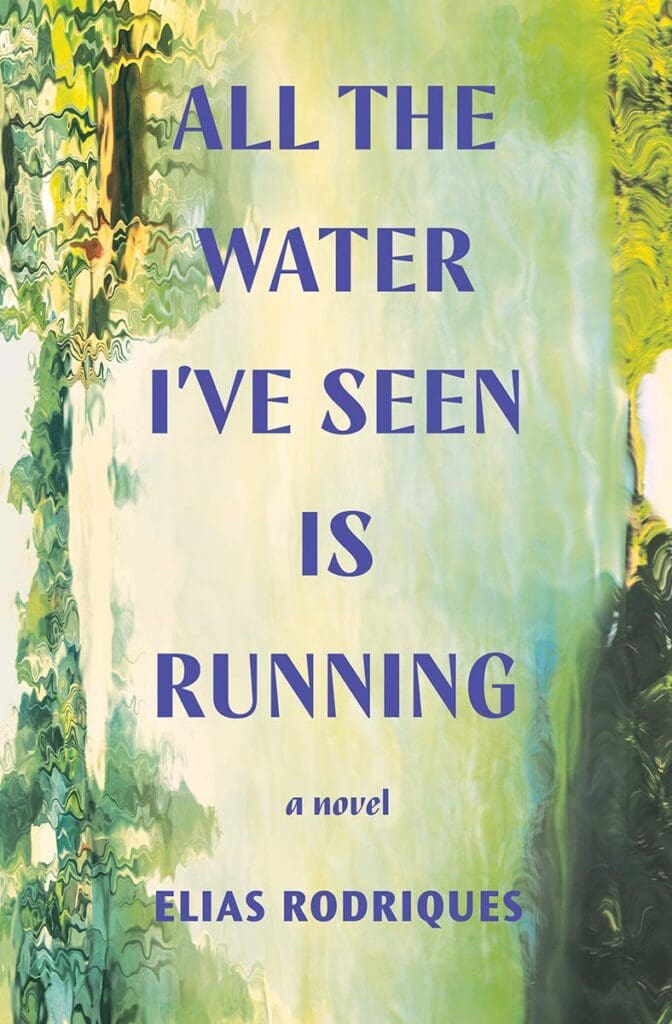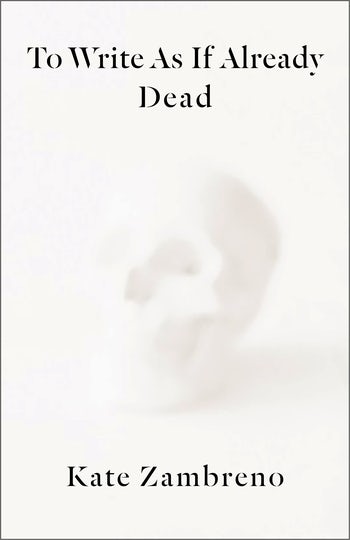In a 2013 interview, Canadian writer and theatre director Kate Cayley noted the influence of Wendell Berry’s poetry on her writing, describing him as “a voice crying in the wilderness.” It’s an apt description of Berry’s work, suffused as it is with a sense of the bucolic and the simple in the face of the anthropocene and capitalism. Yet, in a very different sense, it’s also an apt description of Cayley’s stories in Householders (224; Biblioasis), her most recent story collection. Even surrounded by others, Cayley’s characters in Householders are often alone—misfits, runaways, forsaking the ties of friends and family, […]
‘Householders’ by Kate Cayley: Of Misfits & Runaways
by Peter Schlachte
